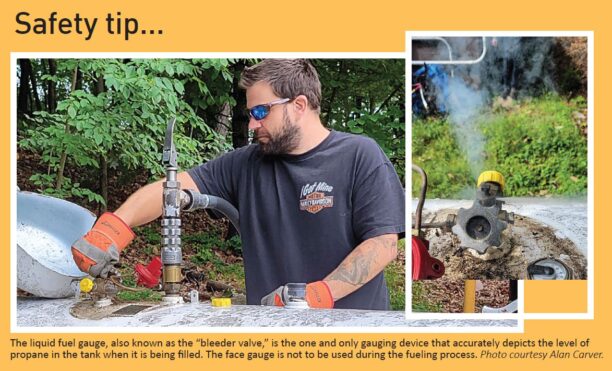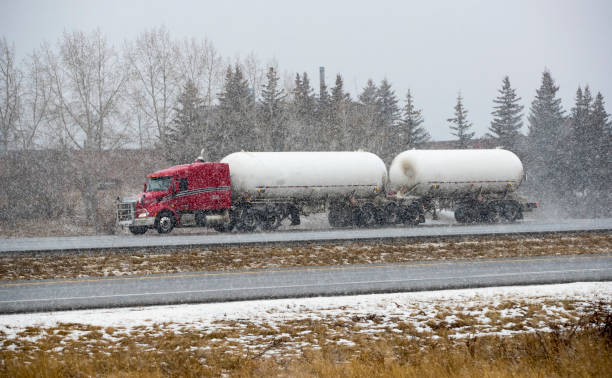Effective Training Strategies for Propane Business Owners
Ensuring the safety of employees on job sites is a critical responsibility for propane business owners. Effective training not only mitigates risks but also enhances operational efficiency and regulatory compliance. Comprehensive Safety Training Programs Propane operations involve handling hazardous materials and operating specialized equipment. A comprehensive safety training program covers the following key areas: Fundamentals… Continue reading Effective Training Strategies for Propane Business Owners


